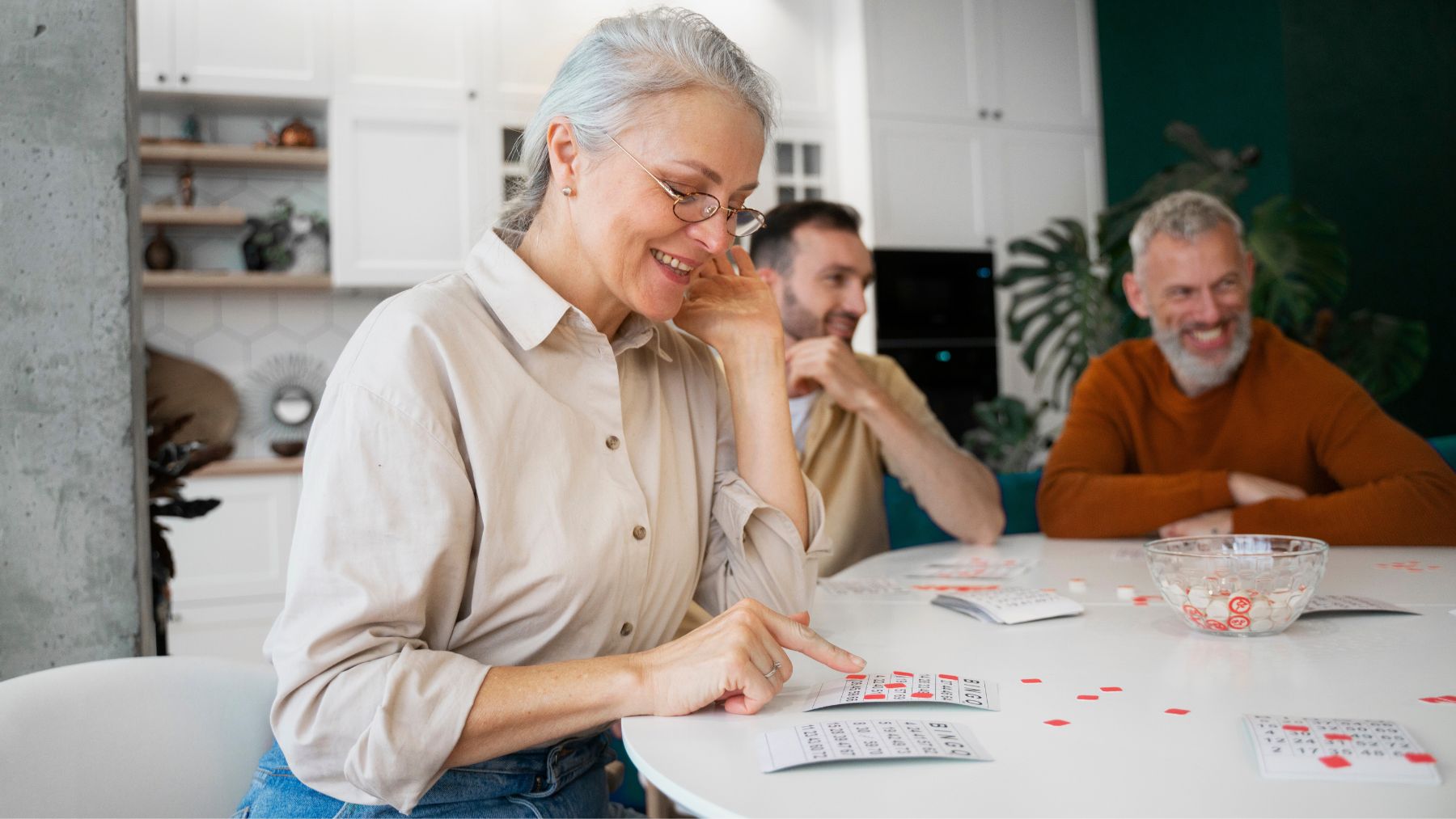Seniors looking to enhance memory and maintain mental agility may have already tried brain-training videogames or a challenging crossword puzzle, but here we want to highlight collecting. From stamps, coins, and rare books to antique memorabilia, vintage postcards, and even quirky collectibles, this hobby merges passion with cognitive benefits.
It’s not merely about accumulating items; it can be a purposeful activity that stimulates your mind, creates meaningful connections, and brightens everyday life. Here is an overview of how starting a collection can help you fortify memory, improve concentration, and spark new friendships, along with practical guidance to get started.
Why collecting is a top hobby for seniors looking to stay sharp
This engaging pursuit activates various cognitive functions while providing emotional fulfillment for older folks. The following points highlight the key benefits that make collecting such an enriching hobby.
Memory boost through organization
Sorting and categorizing items—such as arranging stamps by era, coins by country, or vintage postcards and military insignia by theme—helps your brain recall details and establish systems. This process reinforces neural pathways associated with memory retention and enhances recall in daily tasks, as the habit trains the brain to store and retrieve information with more efficacy.
Sharpening observation skills
Engaging in collecting keeps both your eyes and mind vigilant. Whether hunting for a rare bookplate, a vintage license plate, or a unique piece of antique art, the practice teaches you to detect subtle differences and emerging patterns. Over time, this meticulous attention translates to improved detail orientation in everyday activities.
Stress relief through focus
Immersing yourself in the search for a missing item or delving into the historical background of a unique collectible can make everyday worries seem lighter. This state of deep concentration can be similar to mindfulness, which lowers stress hormones and instills a sense of calm. Many collectors have described their hobby as a “mental escape” during challenging times that provides a respite.
Building social connections
Collecting is also an opportunity to join communities dedicated to the same areas you enjoy. Whether through local clubs, online forums, or swap meets, you’ll be able to exchange insights, trade items, and bond over shared interests. For many seniors, these interactions, especially after retirement, combat isolation and lead to enduring friendships.
How to start a collection
You don’t need rare artifacts or a large budget to start, just genuine curiosity and a bit of time.
- Pick something meaningful: Select an area that sparks joy or connects you with something special. If you have a passion for gardening, consider collecting seed packets or botanical prints. If history captivates you, explore coins, military insignia, or vintage documents. This way, your motivation will remain high.
- Start small: Begin with manageable goals by exploring thrift stores, flea markets, or online platforms like eBay to discover affordable treasures. Set a simple initial target, like “10 vintage postcards from my hometown”, to avoid feeling overwhelmed while gradually building your collection.
- Use digital tools: Websites like Colnect let you catalog your items and connect with fellow enthusiasts, while YouTube tutorials offer practical lessons on evaluating stamp conditions, preserving antique fabrics, or maintaining rare collectibles.
- Join a group: Search for local collector clubs on platforms like Facebook or Instagram. Many of these groups host casual events that provide the perfect environment for beginners to learn, share, and expand their networks.
You might even know a family member or friend with an existing collection who’d be happy to contribute and help you get started. Over time, you’ll likely experience improved memory and build meaningful connections with others who share your passion.

